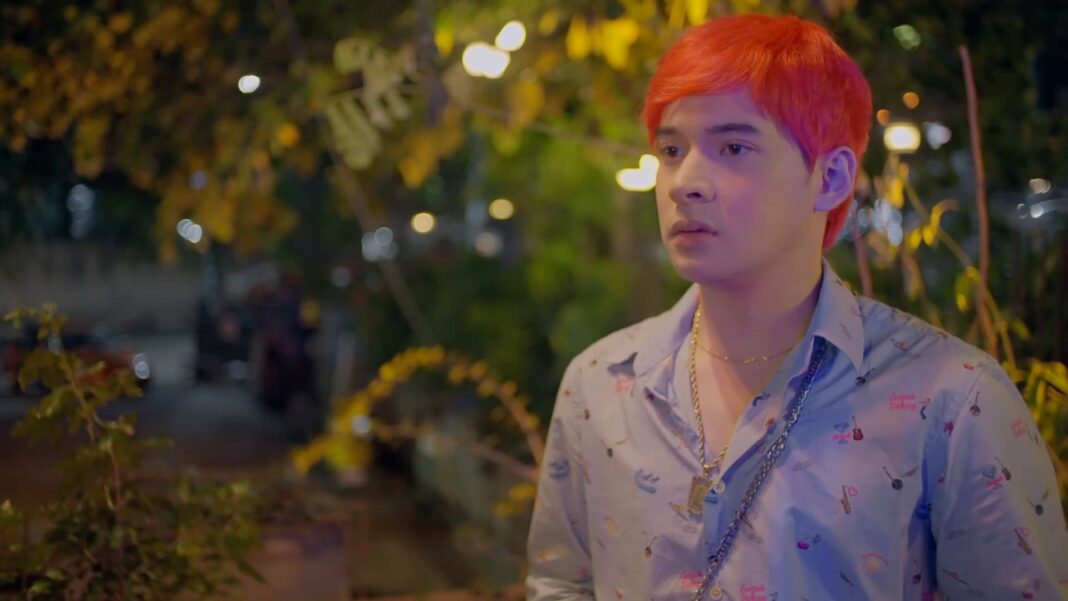As part of the Queer East Film Festival, Showroom Cinema has recently been showing multiple LGBTQ+ Asian movies, including ‘I Love You, Beksman’ (Mahal Kita, Beksman) directed by the award-winning Perci M. Intalan. With a great ensemble cast, vibrantly colourful cinematography and a catchy pop soundtrack, this movie is packed with energy and a playful feel.

The Filipino film follows Dali, a flamboyant make-up artist and costume designer who, after growing up in an intensely queer community, must convince his friends and family that he is straight. The writer, Fatrick Tabada, explores societal expectations and preconceptions around assuming people’s sexuality and then borders on overcompensation when you have something to prove and are constantly being ignored. Even the title, ‘Beksman’, is a play on words combining ‘beks’ – slang for a gay man – and ‘peksman’ – meaning promise. The audience can anticipate that this movie will be filled with a (not-so) gay man constantly promising that he is straight. The film is littered with puns and colloquialisms, but unfortunately, these feel a little lost on non-Tagalog-speaking viewers. Some of the dirtier jokes in the movie offer glimpses of a film that could be a little smarter, and a little more complex. But, these are brushed aside.
At first, Dali seems happy to let everyone think he’s gay – he allows his friends to call him ‘Girl’ and ‘sissy’. It means he fits in with his extremely queer family, friends, and even neighbours. But, when Dali falls in love with Angel, he changes everything about himself in a desperate effort to seem straight. Gone is the bright red hair, quirky patterned shirts, and all the behaviours of an early 2000s gay stereotype; instead, it is replaced with a love for the gym, sensible polo shirts and a (fake) deeper voice. Because of this, Christian Bables (Dali) plays two roles; the incredibly camp man, and the wannabe alpha male. He is incredibly convincing in both parts, demonstrating how good of an actor he is proving to be.
The toxic masculinity and unhealthy behaviours that follow could be toned down a little to still show Dali’s frustrations of no one believing his sexuality, but without being ultra-stereotypical. Especially when these moments slightly take away from the film’s message about being yourself and not fitting into preconceived boxes. The push for the ‘real-man’ version of Dali does not leave space for us to see any real connection between Dali and Angel – it just feels a little forced.
All in all, the film offers a nice reversal of the world today: where coming out as straight triggers disappointment and a lack of understanding. But some scenes are too clichéd and far too cheery. The movie is filled with an over-abundance of tropes, including Camp Straight (Dali), Testosterone Poisoning (Angel’s family), and Love at First Sight (Dali is instantly smitten with Angel – complete with all the slow-mo and romantic music).
I Love You, Beksman is like a feature-long episode of a soap opera, it’s entertaining to watch with high energy and a thirst for conflict, but it is exactly what you expect it to be, in good ways and bad. However, if you’re a fan of teen-style romance, this movie is for you.
3/5





